On October 30, Constitutional Democratic Party of Japan (CDPJ) leader Noda Yoshihiko stepped up efforts to gather support from opposition parties so that parliament could choose him as the next prime minister.
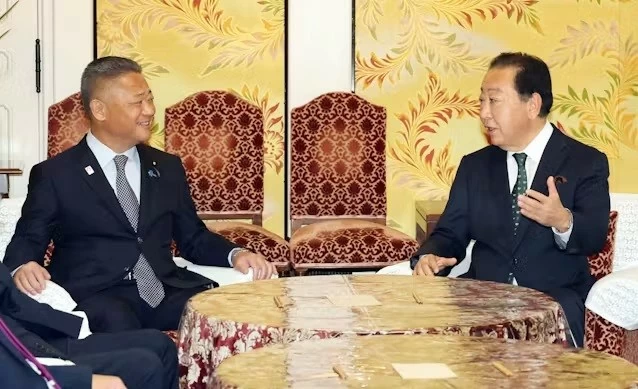 |
| CDJP leader Noda Yoshihiko Noda (right) and JIP head Baba Nobuyuki meet in Tokyo on October 30. (Source: Kyodo) |
Former Japanese Prime Minister Noda Yoshihiko's CDJP party had an impressive performance in the general election last weekend when it won 148 seats in the House of Representatives election on October 27, an increase of 50 seats compared to 98 seats in the previous term.
However, to secure the minimum 233 votes to become Japan's Prime Minister, Mr. Noda and the CDJP need the support of other opposition parties.
According to Kyodo news agency, Mr. Noda met with leader of the Japan Innovation Party (JIP) Baba Nobuhiko to seek support, but Mr. Baba has not yet clearly expressed his stance. In the recent election, JIP won 38 seats.
"We cannot support him unless there is a good reason or concrete idea for political reform," Mr. Baba told reporters after the meeting, Kyodo reported.
Meanwhile, the Democratic Party for the People (DPP), which also achieved significant success in this election, increasing its number of seats by 11 compared to the previous term, from 7 seats to 28 seats, is expected to play a key role in deciding the new political situation in Japan. The DPP plans to vote for its leader Tamaki Yuichiro as Prime Minister.
According to Kyodo , Mr. Noda is considering a meeting with his Japanese Communist Party counterpart, as well as DPP leader Tamaki, stating: "It is necessary to meet directly for further discussions."
However, on October 29, Mr. Tamaki assessed that even if the head of the CDJP had the support of the DPP, he would not be able to defeat the ruling coalition consisting of Prime Minister Ishiba Shigeru's Liberal Democratic Party (LDP) and the Komeito Party.
Although the ruling coalition officially lost its majority after the Lower House election and failed to achieve its target of 233 seats, this coalition still holds the most seats in the Japanese legislature, with 215 out of 465 seats.
For its part, the LDP wants the DPP's support, although Ishiba has ruled out expanding the coalition for now. Instead, the LDP is considering incorporating DPP ideas into an economic stimulus package to be announced in the coming weeks to ease the pain of inflation on households.
According to sources close to the LDP and DPP, the secretaries general of the two parties are arranging a meeting on October 31 to discuss possible policy coordination.
Japan is in political turmoil after its ruling coalition lost an election on October 27. The loss of its majority in the lower house of parliament after 15 years means the ruling coalition needs outside votes to re-elect Ishiba Shigeru as prime minister in next month’s parliamentary session.
Under the constitution, the new parliament must elect a new prime minister after the general election. If no one receives a majority, parliament will hold a second round of voting between the top two candidates, likely Mr. Ishiba and Mr. Noda.
In the second round of voting scenario, all the votes received by DPP leader Tamaki would be invalid, which would benefit Mr. Ishiba.
According to multiple sources, officials in the government and the ruling coalition in Japan are planning to convene a special parliamentary session to select a prime minister on November 11.
Source: https://baoquocte.vn/ghe-thu-tuong-nhat-ban-cua-ong-ishiba-lung-lay-lanh-dao-dang-doi-lap-tim-the-cuop-co-291901.html



![[Photo] National Assembly Chairman Tran Thanh Man holds talks with New Zealand Parliament Chairman](https://vphoto.vietnam.vn/thumb/1200x675/vietnam/resource/IMAGE/2025/8/28/c90fcbe09a1d4a028b7623ae366b741d)



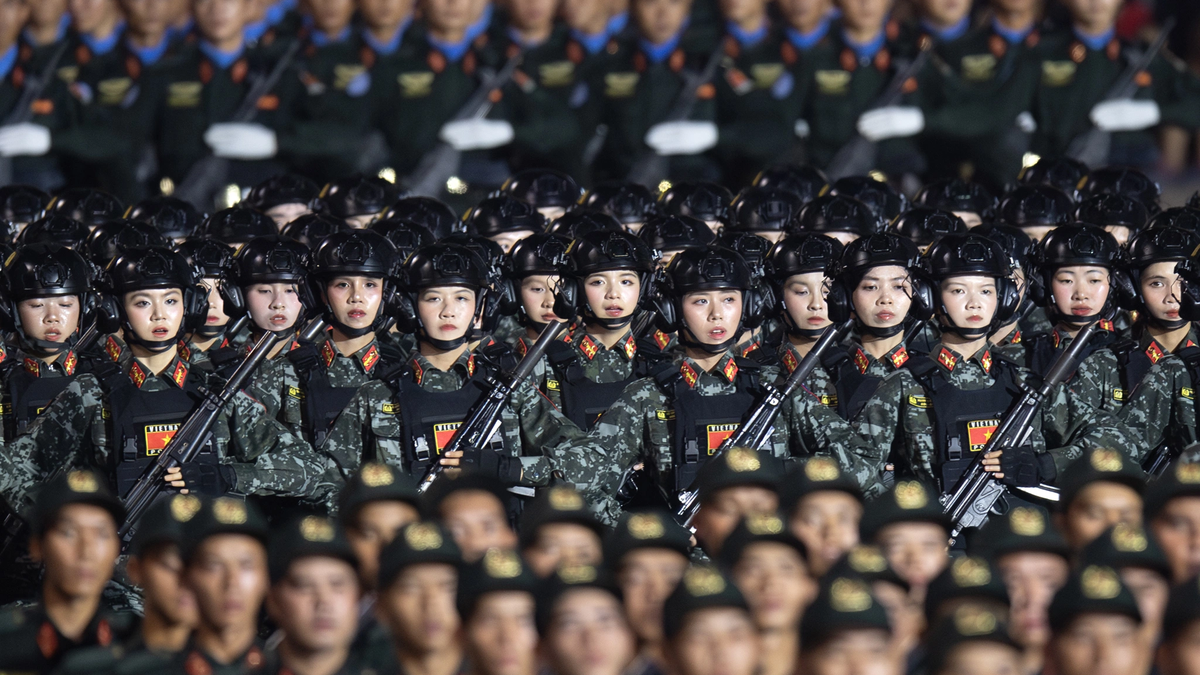
![[Photo] General Secretary To Lam attends the opening ceremony of the National Achievements Exhibition](https://vphoto.vietnam.vn/thumb/1200x675/vietnam/resource/IMAGE/2025/8/28/d371751d37634474bb3d91c6f701be7f)


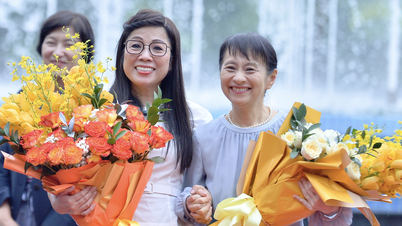

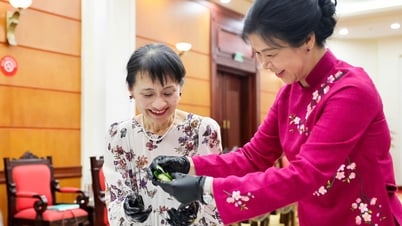










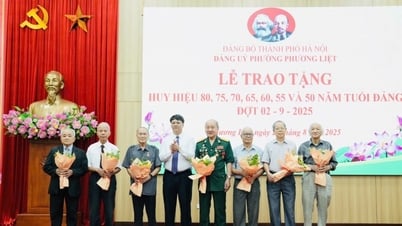












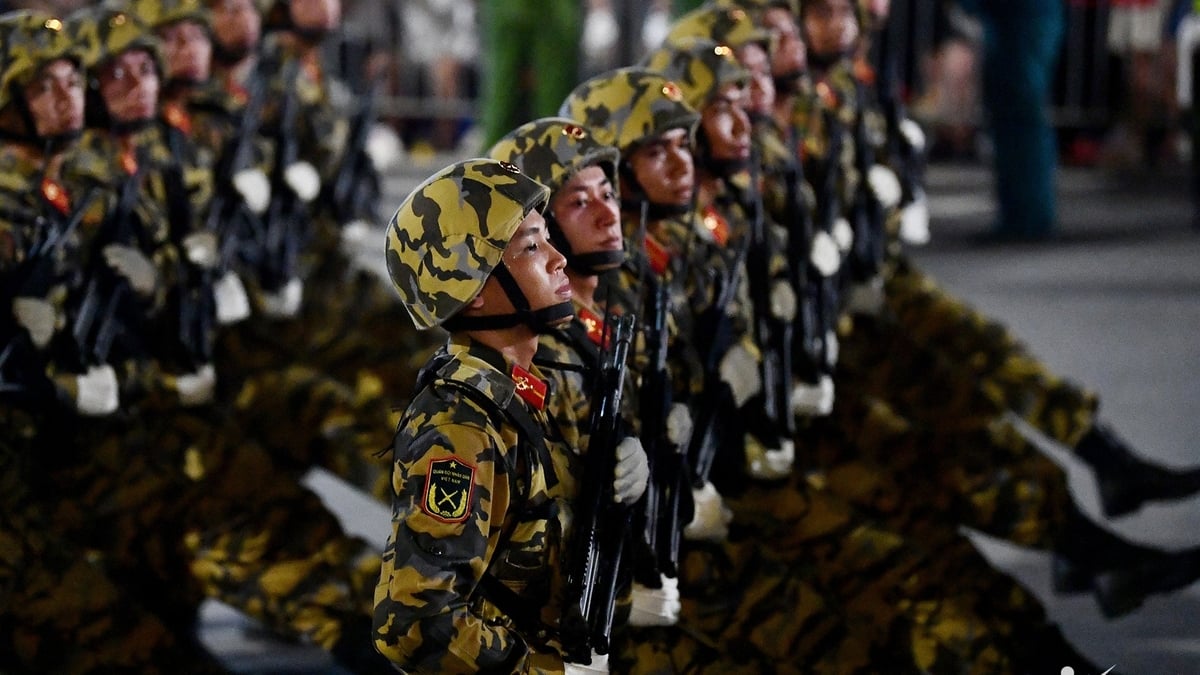

















































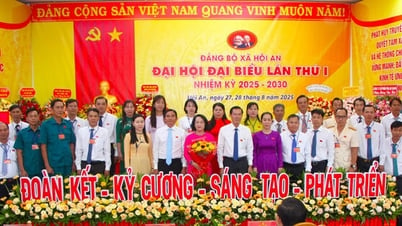
















Comment (0)